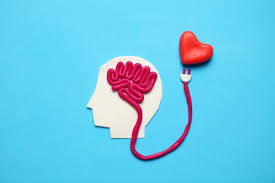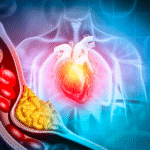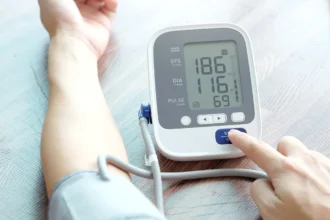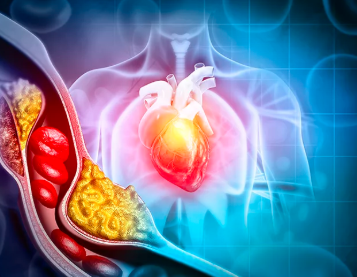Stress is an inevitable part of modern life, but its impact on heart health is often underestimated. Prolonged or chronic stress can significantly increase the risk of heart disease, affecting the cardiovascular system in various harmful ways. This article explores the connection between stress and heart health, explaining how stress affects the heart and what steps can be taken to protect cardiovascular wellbeing.
Understanding Stress and Its Types
Stress is the body’s natural response to perceived threats or challenges. It can be acute (short-term) or chronic (long-lasting), and both types can impact heart health differently.
Acute Stress
This is a temporary response to immediate danger or pressure, triggering the “fight or flight” reaction which raises heart rate and blood pressure briefly.
Chronic Stress
Ongoing stress from work, relationships, or financial issues that persist over time, causing continuous strain on the cardiovascular system.
How Stress Affects Heart Health
Physiological Impact of Stress on the Heart
Stress activates the sympathetic nervous system, releasing hormones like adrenaline and cortisol. These hormones cause:
- Increased heart rate
- Elevated blood pressure
- Narrowing of blood vessels
- Higher levels of blood sugar and cholesterol
Over time, these effects can damage the arteries and increase the risk of heart disease.
Stress and Inflammation
Chronic stress can promote inflammation in the body, a known contributor to the development of atherosclerosis (plaque buildup in arteries).
Stress-Induced Behaviors That Harm the Heart
Stress often leads to unhealthy behaviors, including:
- Smoking
- Overeating or poor dietary choices
- Physical inactivity
- Excessive alcohol consumption
- Poor sleep patterns
These behaviors further increase cardiovascular risk.
Recognizing Stress-Related Heart Symptoms
Common Symptoms
- Chest pain or tightness
- Rapid or irregular heartbeat
- Shortness of breath
- Fatigue
- Anxiety and panic attacks
If these symptoms occur frequently, medical evaluation is necessary to rule out heart conditions.
Managing Stress to Protect Your Heart
Lifestyle Changes to Reduce Stress
- Exercise: Physical activity helps reduce stress hormones and improves heart health.
- Mindfulness and Meditation: Techniques like deep breathing and meditation lower stress levels.
- Adequate Sleep: Ensuring 7-8 hours of quality sleep supports cardiovascular function.
- Healthy Social Connections: Supportive relationships reduce stress and promote wellbeing.
Professional Help
Seeking therapy or counseling can provide strategies to manage stress effectively.
Stress Management Techniques at Work
- Time management
- Taking regular breaks
- Setting realistic goals
Preventing Stress-Related Heart Problems
Regular Health Screenings
Monitoring blood pressure, cholesterol, and blood sugar helps identify risk factors early.
Balanced Diet for Heart and Mind
Eating foods rich in antioxidants, omega-3 fatty acids, and fiber supports heart health and stress resilience.
Conclusion
The link between stress and heart health is clear and significant. Chronic stress not only harms the cardiovascular system directly but also encourages unhealthy habits that compound heart disease risk. By understanding stress’s impact and adopting effective management strategies, individuals can protect their heart health and improve overall quality of life.
Frequently Asked Questions
1. Can stress alone cause heart disease?
Chronic stress contributes significantly to heart disease risk but usually acts alongside other factors like diet and genetics.
2. How quickly does stress affect the heart?
Acute stress causes immediate but temporary effects, while chronic stress leads to long-term damage over months or years.
3. Are some people more vulnerable to stress-related heart issues?
Yes, factors like genetics, lifestyle, and existing health conditions influence vulnerability.
4. What are the best stress-reducing activities for heart health?
Exercise, meditation, deep breathing, and social support are among the most effective.
5. When should I see a doctor about stress and heart symptoms?
If you experience chest pain, shortness of breath, or irregular heartbeat, seek medical attention promptly.












